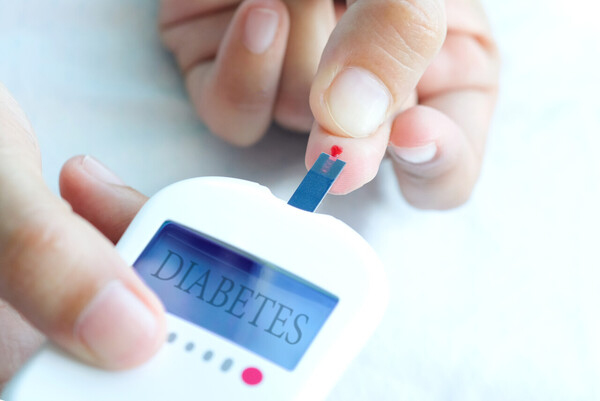
A research team at Seoul National University Hospital has confirmed the effectiveness of continuous glucose monitoring (CGM) and remote monitoring in managing blood glucose levels in patients with type 2 diabetes who have undergone coronary artery bypass grafting (CABG).
Professors Kwak Soo-heon and Son Hee-joon from the Department of Endocrinology and Metabolism, along with Professors Hwang Ho-young and Sohn Suk-ho from the Department of Thoracic and Cardiovascular Surgery, published the findings on Friday.

The randomized clinical trial involved hospitalized type 2 diabetes patients recovering from CABG surgery. A total of 91 patients were randomly assigned to either an intervention group (48 patients) or a control group (43 patients). The intervention group wore a real-time CGM device and received remote monitoring, while the control group had their blood glucose measured four times daily by physicians using standard point-of-care testing.
After adjusting for age, sex, BMI, fasting glucose, and HbA1c levels, the study found that the time spent within the target glucose range (70–180 mg/dL) was significantly longer in the intervention group than in the control group (average 60.3 percent vs. 50.3 percent). The intervention group also had a significantly lower average glucose level and spent less time above the target range.
Importantly, the incidence of hypoglycemic episodes—defined as blood glucose levels below 70 mg/dL sustained for more than 15 minutes—did not differ significantly between the two groups, suggesting that CGM did not increase the risk of hypoglycemia in postoperative diabetic patients.
The researchers concluded that the combination of CGM and remote monitoring allows for more timely insulin administration, enabling optimized glucose control.
“Using CGM with remote monitoring allows for personalized glucose management and has been shown to effectively improve surgical outcomes in hospitalized diabetic patients after cardiac surgery,” said Kwak. “We plan to continue studying the effectiveness of CGM in various surgical settings beyond CABG.”
The study was published in the latest issue of the international journal Diabetes, Obesity and Metabolism.
Related articles
- Abbott links FreeStyle Libre 2 CGM to Korean hospital system via GC affiliate
- Google pulls Kakao Healthcare into AI talks as PASTA eyes global market
- Handok's CGM Barojen Fit linked to Samsung's health platform
- Kakao Healthcare bets big on Japan's diabetes tech boom with new subsidiary
- CGM use low among type 1 diabetes patients, especially seniors: study

